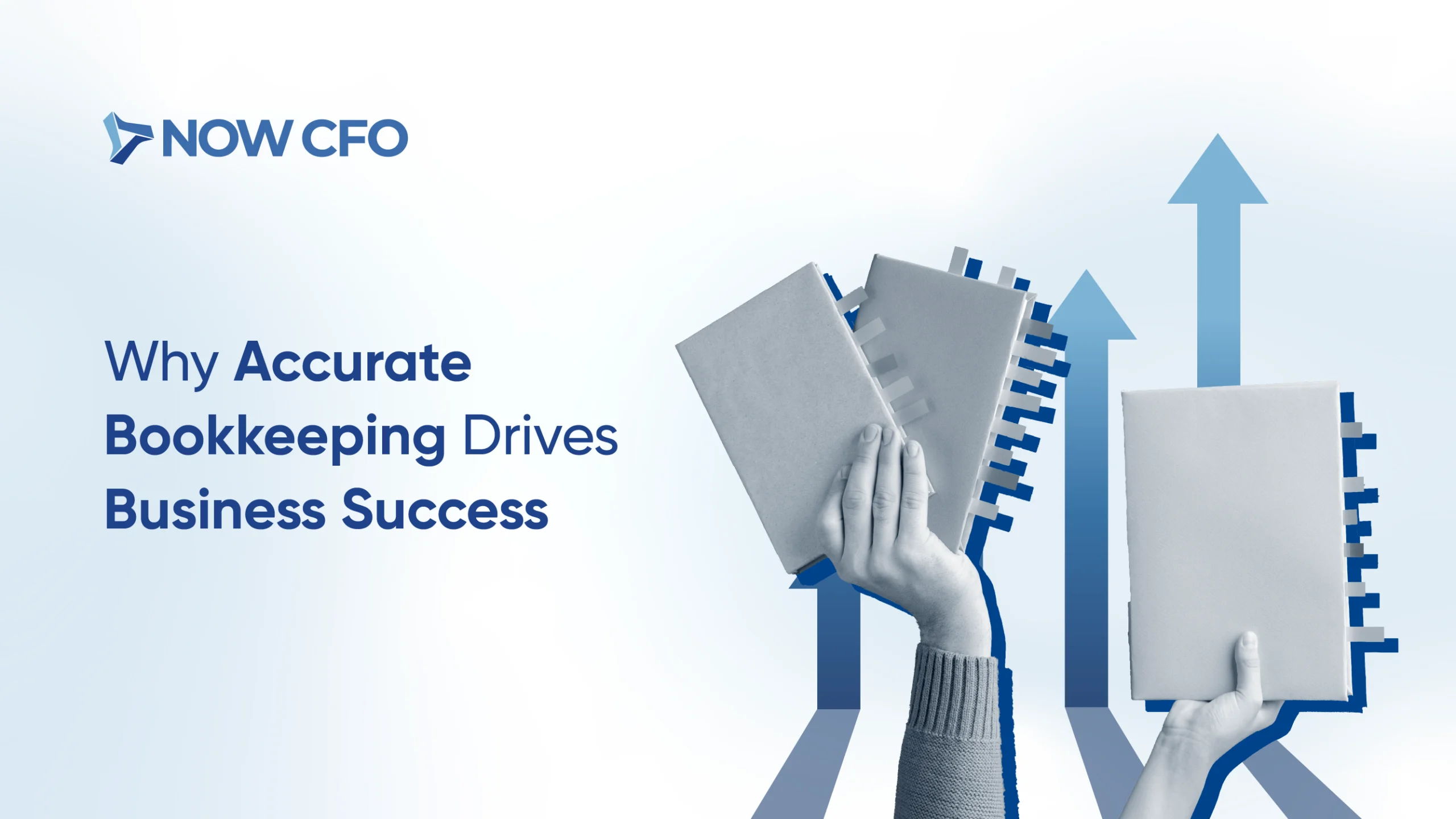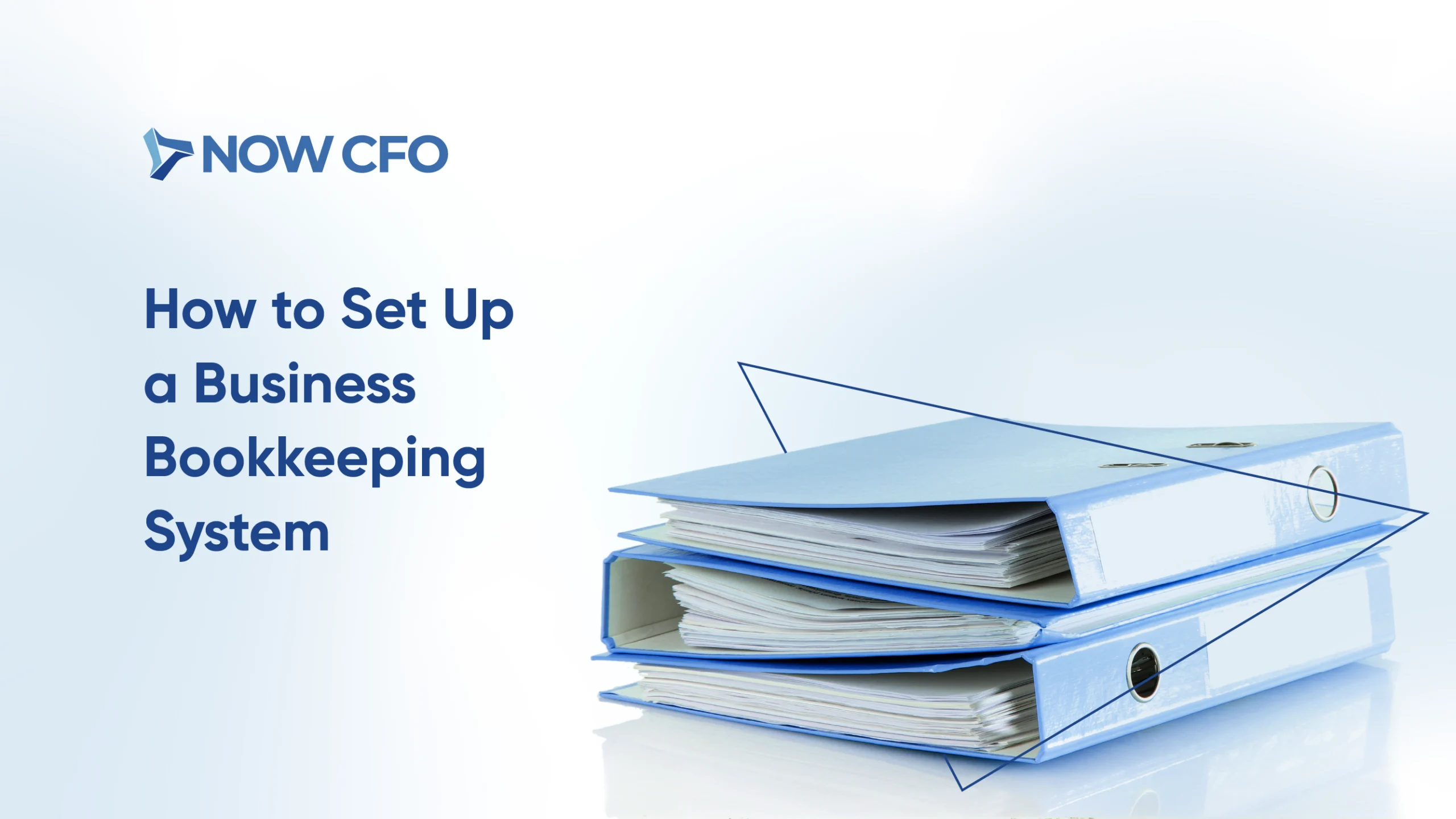When it comes to running your business’ finances, you don’t just need an accountant; you need a great accountant. Of course, this means you need to know what to look for when you hire a great accountant. Here are just a few things to look for when staffing your accounting department.
Relevant Expertise and Qualifications
Not all accounting processes are the same. All accountants should have a working knowledge of Generally Accepted Accounting Principles (GAAP standards) and basic accountant practices. When it comes down to selecting the right accountant for your company, they should be proficient with your existing processes.
You should also decide whether your business needs a Certified Public Accountant (CPA) or if a regular accountant can get the job done. CPAs have to go through a strict licensing process and routine continuing education to upkeep their licensure. Because of this, they can legally represent your business before the IRS, create audit reports and provide tax support. They also generally cost more than a regular accountant.
A regular CPA can do basic bookkeeping tax, advise you during the beginning stages of your business, help you set up a tax structure, file your tax returns and run most of the day-to-day financial operations of your business. Most companies don’t require a CPA and can use a regular accountant to fill their needs.
Software Expertise
Proficiency in accounting software packages like QuickBooks or NetSuite comes with time and experience. While most accountants have a working knowledge of the most common accounting software, your accountant should be an expert in the software you use in your accounting department.
If you don’t already use an accounting software, a great accountant will select the best software to accommodate how you already run your business for a seamless integration process.
Industry Experience
Your business is unique. You need a bookkeeper who has experience in your market and industry. Ensure that your accountant is familiar with the specific accounting processes and expectations in your industry. When it’s filled with industry experts, your accounting department will take your company to new heights, opening new growth opportunities and ensuring your success.
Communication Style
Make sure your accountant’s communication style matches with yours. A set of compatible communication styles is intrinsic to an effective working relationship with your accountant. Compatible communication styles allow your team to quickly and effectively find the solutions to problems without unnecessarily escalating the issue.
With effective communication, conversations with your accountant about even the hardest topics will leave both of you confident that the issue is in good hands.
Cultural Fit
As is true for any employee you hire, your accountant should be able to fit with your company culture. You know better than anyone how your employees interact with each other and your choice of accountant should reflect that. They don’t necessarily have to fit in with your entire company, but they should at least be a good fit for the accounting department and any other groups they’ll be working closely with.
It doesn’t matter how good your accountant is at keeping your finances in order; if they don’t fit with your company culture, they won’t perform at their best during your day-to-day operations.
Background Checking
In order to ensure that your accountant is the best they can be and the best fit for your business, you should run a background check on your candidates where state and local law permits. If you are looking for a fractional accountant to help with a special project or augment your accounting staff, a good accounting consultant firm will background check their candidates for you. If you are going through a placement agency to find your great accountant, many of them will also run the background check process for you and give you a summary of the report’s findings.
Protect your business from things like fraud or even from excess hiring costs spent on the wrong candidate.
Pricing
Perhaps most importantly, you need to make sure you and your business can afford your accountant. Keep in mind that different levels of accounting professionals will be priced out differently. Whether you are hiring someone to be at your company full time or you are hiring a fractional professional to help you with a special project. Cost is a key deciding factor in whether they will be a good fit for your company.
Start by determining which projects you need done, and what level accountant you need to complete those projects. Also find how long it will take them to do it. This will help you narrow down which will be the best fit for both your company and your budget.
How do you hire a great accountant? Make sure they are the right person for the way your business runs. Whether it’s your accounting software, company culture, your industry or anything else that makes your business unique, hire an accountant that will work the best for you.














